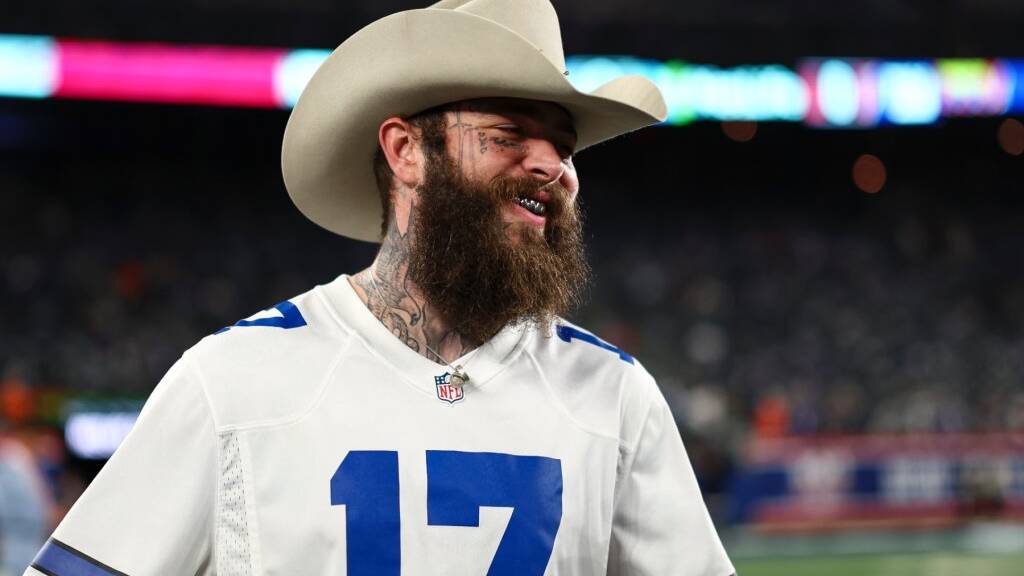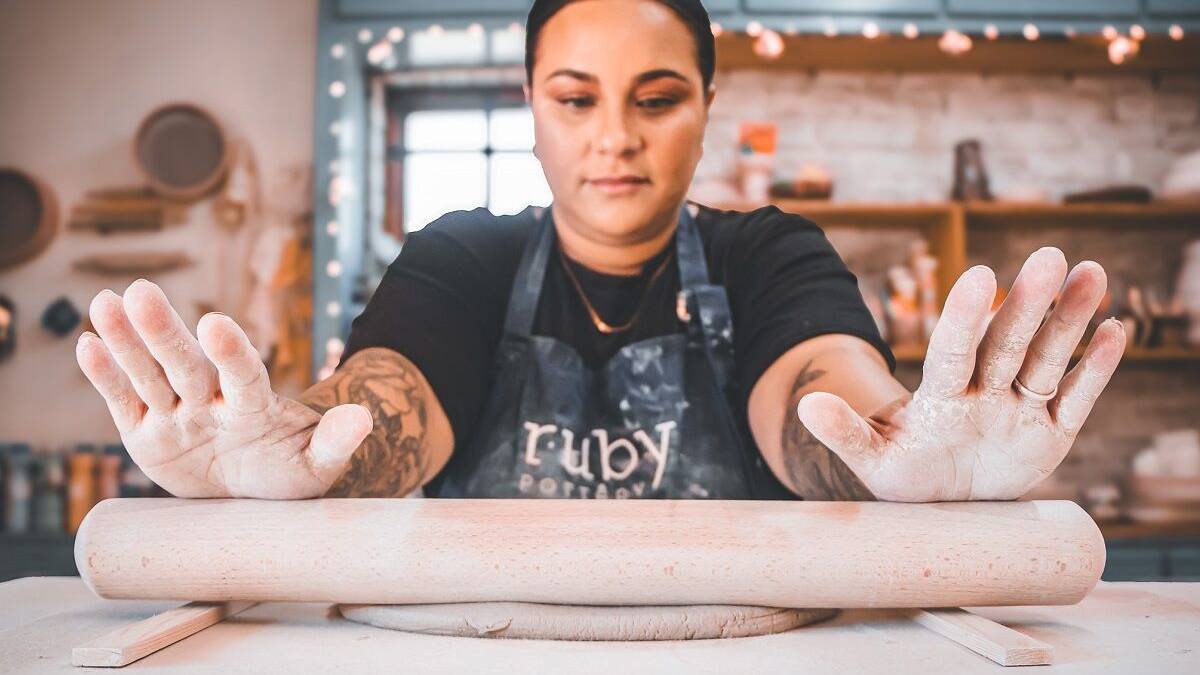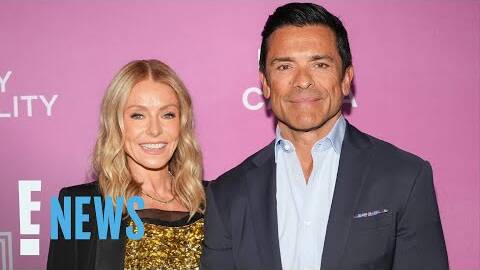Dina-Perla Portnaar: Inclusion That Excludes: An Uncomfortable Truth
Medium | 27.11.2025 21:37
Dina-Perla Portnaar: Inclusion That Excludes: An Uncomfortable Truth
Sometimes a society can chase equality so obsessively that it accidentally invents a brand-new kind of inequality
4 min read
·
1 hour ago
We live in a time when inclusion is the holy grail everyone loves to praise. Politicians, companies, and cultural institutions highlight the importance of diversity and equality. And yet we see a growing trend where identity stops being a bridge and becomes a border. Who is allowed to wear what? Who gets to call themselves a victim? More importantly, how does this square with our ethical principles or even with ideas of transcendent truth found in spirituality and philosophy?
Irony of cultural appropriation
Why is Western yoga widely embraced while dreadlocks on white people spark outrage? At first glance the argument seems sensible. Cultural appropriation means dominant groups borrow elements without acknowledging the history or the hurt behind them. But if we push that logic to its limits, do we not end up in a moral swamp?
Should everyone stay within their cultural lane? Is a Chinese man who plays jazz guilty of appropriation? If a Dutch person becomes Buddhist, is that spiritual growth or cultural colonization? Yoga has been practiced globally for decades without resistance. But a white person with dreadlocks or a white rapper such as early Eminem suddenly triggers moral alarms. Is the unwritten rule, then, that only some cultures may be shared?
Maybe the real question is not what we borrow but how. True inclusion means recognition and respect, not fences and exclusion. If culture is dynamic, who exactly gets to decide where the borders lie?
Victimhood as moral currency
Modern conversations about inequality have created a hierarchy of victimhood. The reigning idea seems to be that historical oppression gives certain groups more moral authority. But does that mean someone who is white, wealthy or heterosexual cannot be a victim?
Consider class discrimination. A poor white Dutch person in a disadvantaged neighborhood may have fewer opportunities than a black Dutch person from a wealthy family. Consider men who aren’t taken seriously as victims of domestic violence. Consider people excluded because they are spiritual in an increasingly technocratic world. Where do we draw the line?
Get Dina-Perla Portnaar | Author’s stories in your inbox
Join Medium for free to get updates from this writer.
Nietzsche warned of a slave morality in which victimhood becomes a tool of power. This doesn’t mean oppression isn’t real. It means we must avoid a society where moral authority is measured by the amount of suffering one claims. Real justice looks at the actual circumstances of a person, not their category.
Universal rights versus group rights
Should we pursue universal human rights or rights tailored to specific groups? Universal rights lie at the heart of the Enlightenment and many religious traditions. Everyone is equal regardless of race, gender or background. But modern identity politics leans toward group-based rights such as positive discrimination, reparations, and exclusive safe spaces.
The problem is that group rights reduce individuals to mere extensions of their group. This clashes with Kant’s ethics, where people must be treated as ends in themselves. It also clashes with Christianity, which sees every person as inherently valuable regardless of origin.
If we cling to group rights, we risk building a society where rights are no longer universal but negotiable per category. That erodes the very idea of justice.
The loss of God and moral confusion
A deeper source of our confusion may lie in the fading presence of God in public life, something the Netherlands excels at. As God is increasingly dismissed as outdated, we also lose the moral anchors that guided our ideas of justice and human dignity for centuries.
At the heart of Christianity and many other traditions is the idea of fundamental human equality. There is neither Jew nor Greek, slave nor free, male nor female, for all are one. This is not a call for sameness but a reminder that our deepest identity is not race, class or gender but something universally human.
Without transcendence, we replace this foundation with social constructs and power dynamics. Today’s progressive idea becomes tomorrow’s outdated relic. When morality depends on mood and shifting cultural winds, who decides what justice really is?
Back to inclusion without exclusion
True inclusion doesn’t build new walls in the name of fairness. It acknowledges that culture is fluid, that victimhood isn’t the property of one group, and that rights should remain universal. More importantly, it challenges us to rebuild what matters. That is why Christianity surfaces here not as doctrine but as a reminder of principles we risk losing.
Rebuilding means reconsidering the values under pressure, namely universal dignity, forgiveness, and compassion. Values found across religions and philosophies, values that reach deeper than social trends or reactive moral panics.
If we truly want a just society, we must let go of what divides us and embrace what binds us. Not as members of a group but as human beings. There is no place where this shift can happen more naturally than in the world of business. Unlike politics, business can move faster, think broader, and act without endless ideological theatrics. Perhaps then we can stop navel-gazing and finally step out of the confusion about identity so we can get back to building something real.









